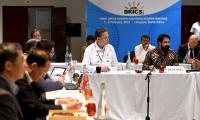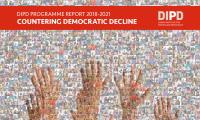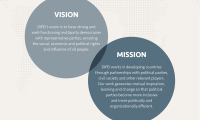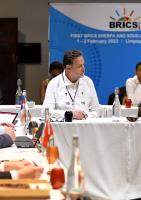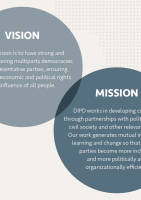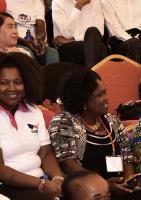South Africa
South Africa has undergone a great tranisition during the last 25 years
South Africa has made a remarkable transition from apartheid and other discriminatory political systems to an inclusive democracy since its first democratic elections in 1994. The elections were the first in which everyone, regardless of race, was allowed to vote.
However, the South African democracy has significant obstacles. Political governance is criticised. National and local administrations have been accused of nepotism and corruption for neglecting to solve social issues. One of the problems is that there is still a significant distinction between being black and white in modern South Africa. South African youth have not experienced official apartheid, and at the same time, they do not consider themselves to be part of the born-free generation. Many people feel their freedom is restricted by simultaneous water and electricity shutdowns and unequal access to quality education.
The country is, on paper, a multi-party democracy, yet the ruling party, the ANC, has held power since 1994. Opposition parties, on the other hand, have grown in power in recent years, particularly in local elections. Despite the long road ahead, opposition parties' rising local power has raised hopes for progress towards a rich and equal multi-party democracy.
Population: 60,604,992.
Liberal Democracy Index: 0.58.*
[LDI encaptures both electoral and liberal aspects of democracy]
Proportions of Seats held by Women in Parlament: 46,5%**
Proportions of Seats held by Youth under 30 in Parlament: 4,7%**
*V-Dem Institute
**IPU.org

